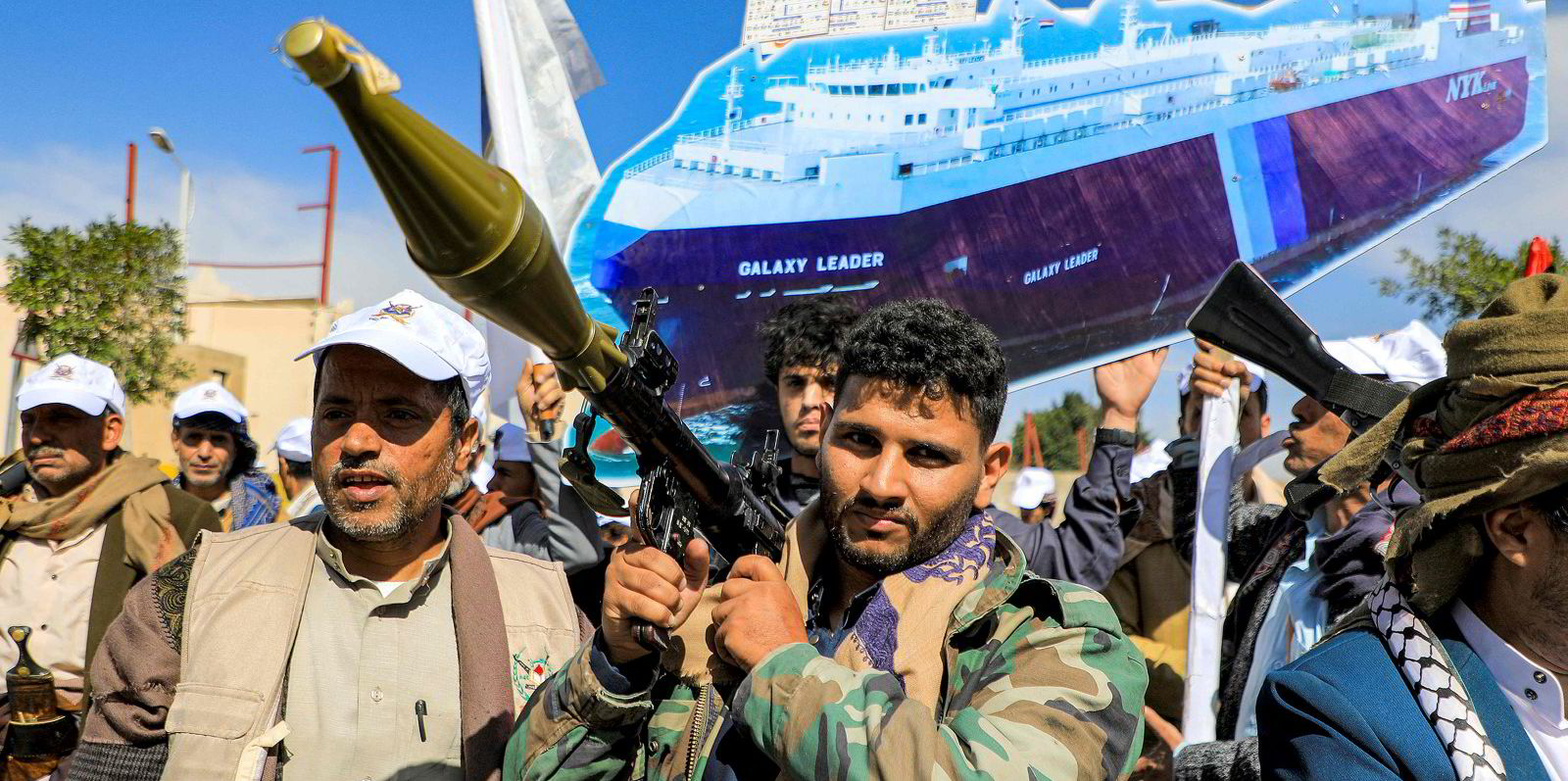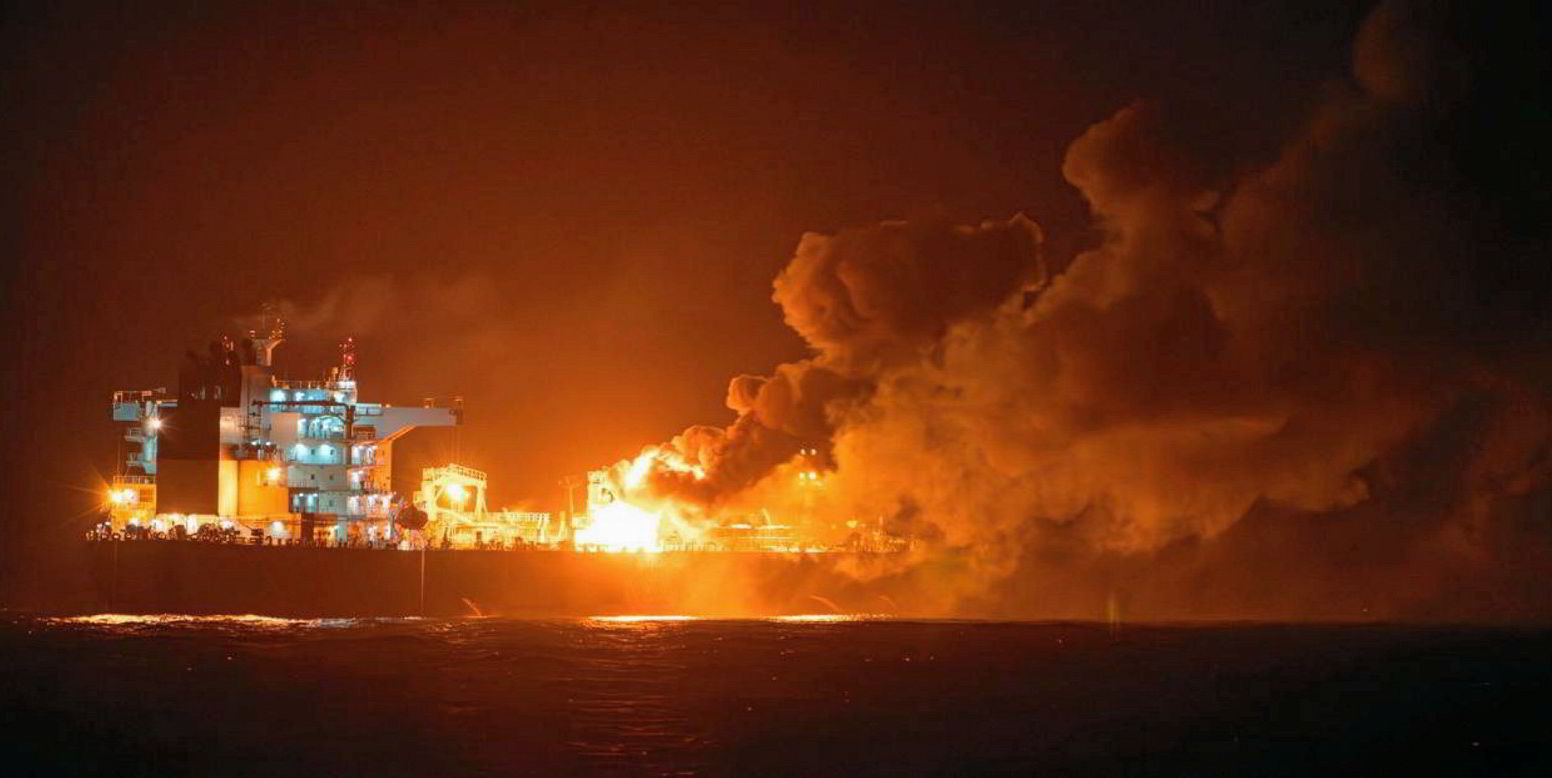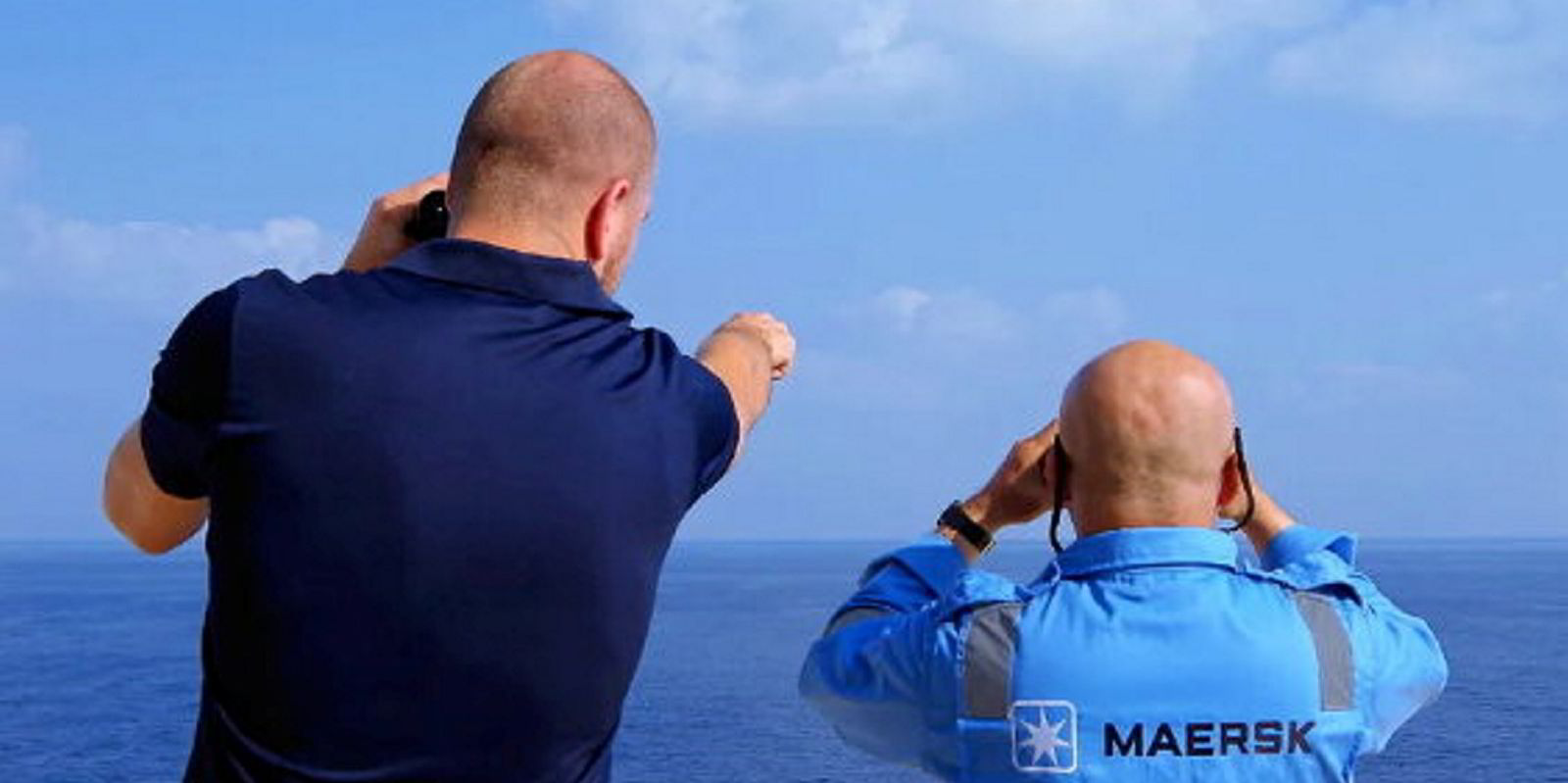When one seafarer experienced his ship coming under fire in the Red Sea, it was as if he had found himself thrust from one warzone to another.
After all, the Ukrainian mariner had previously escaped Mariupol, the Sea of Azov port that had been occupied by Russian forces for almost two years. Then his vessel was nearly hit by a Houthi attack.
His story is one of the many heard by seafarers’ advocates of the harrowing pressures the women and men who work at sea face while transiting the embattled Red Sea and adjacent Gulf of Aden.
Those are the waters where the Iranian-backed Houthi movement has mounted an assault on shipping, with a target list that has widened since the attacks began in November, and they include seas where Somali piracy has re-emerged after years of dormancy.
Sara Baade, chief executive of the seafarers’ welfare charity Sailors’ Society, said more shipboard workers are keen to talk to staff on the organisation’s crisis line.
“When we do talk to them, there is a lot of anxiety, a lot of stress, seafarers feeling that they’ve never signed up to this, that they don’t have a choice,” she said. “And they’re scared.”
What is different about this crisis is that there is also more crying in those calls and more panicking by seafarers who have braved waters menaced by the Houthis.
In recent days, seafarers in a major union have garnered more choice over whether to go through the embattled corridor.
The International Bargaining Forum agreed to extend a high-risk area in the region to cover both the Red Sea and the Gulf of Aden, and seagoing workers will be entitled to tickets home and two months’ pay if they exercise their right not to transit waters menaced by the Houthis.
The IBF is made up of leading union the International Transport Workers’ Federation and employers forming the Joint Negotiating Group.
The Sailors’ Society runs a helpline for seafarers in crisis. Seafarers can call +1 938 222 8181. More information is available at sailors-society.org/helpline.
The International Seafarers’ Welfare and Assistance Network (ISWAN) offers the multilingual SeafarerHelp service at +44 (0) 20 7323 2737 or on WhatsApp at +44 (0) 7909 470732. Find out more at seafarerhelp.org.
“The decision to include seafarers’ right to refuse to sail was not a step taken lightly as this could negatively impact global trade, but the safety of the seafarers is paramount,” the two groups said.
But as vessels continue to transit the region, crew members on board face the anxiety of having a target on their backs, and worries continue to mount particularly for those aboard the 5,100-ceu car carrier Galaxy Leader (built 2002), who have been held hostage by Houthis since November.
Anxiety is a feeling Ukrainian seafarers were already overly familiar with after Moscow invaded their country two years ago.
At the time, many were left at sea worried about calling at a Russian port and about their families, and faced with the question of what to do when their contracts ended — which meant staying away from home or joining the fight.
Baade said they are now also worried about Red Sea transits.
In the case of the Ukrainian seafarer who left Mariupol after joining a vessel’s crew, he was standing on the ship’s bridge when a missile exploded.
Other seafarers from around the world who have not come under fire still feel the anxiety associated with transiting the region.
One captain in his 40s led his tanker through the Red Sea in early February and ended up encountering no problems as it followed maritime security measures known as best management practices and steering clear of Yemeni waters.
Although there was no evidence of Houthi aggression, he said his crew felt “unhappy” about the voyage.
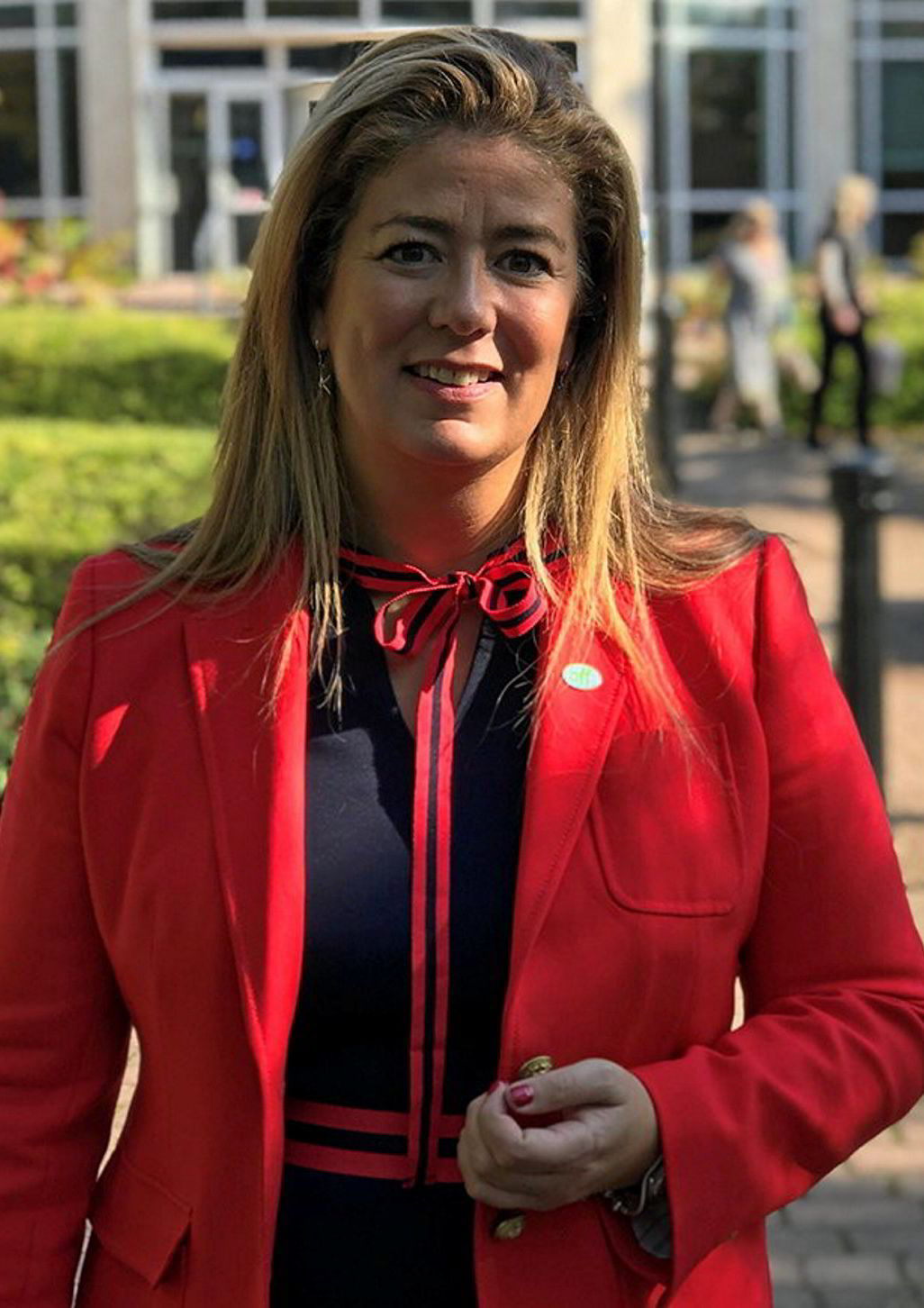
“How would you feel going through a minefield knowing that you might be the next one?” he told TradeWinds, in response to questions posed through ship management trade group InterManager.
The crew emerged unscathed but would not want to go through the region again.
Another captain in her 40s said the crew of her LPG carrier was relieved that their company’s policy in the region resulted in the ship being rerouted around the Cape of Good Hope.
“We would be very unhappy to transit through the Red Sea,” she said.
And a captain in his 50s, who transited the Red Sea in a vessel carrying ammonia, said crew members nearing the end of their contracts were unhappy to travel through the region.
Those who had joined the vessel more recently, and needed the money, were OK with it, he said.
The vessel ultimately encountered no Houthi aggression, but the ship’s crew had a plan to leverage its toxic cargo to protect themselves if it did.
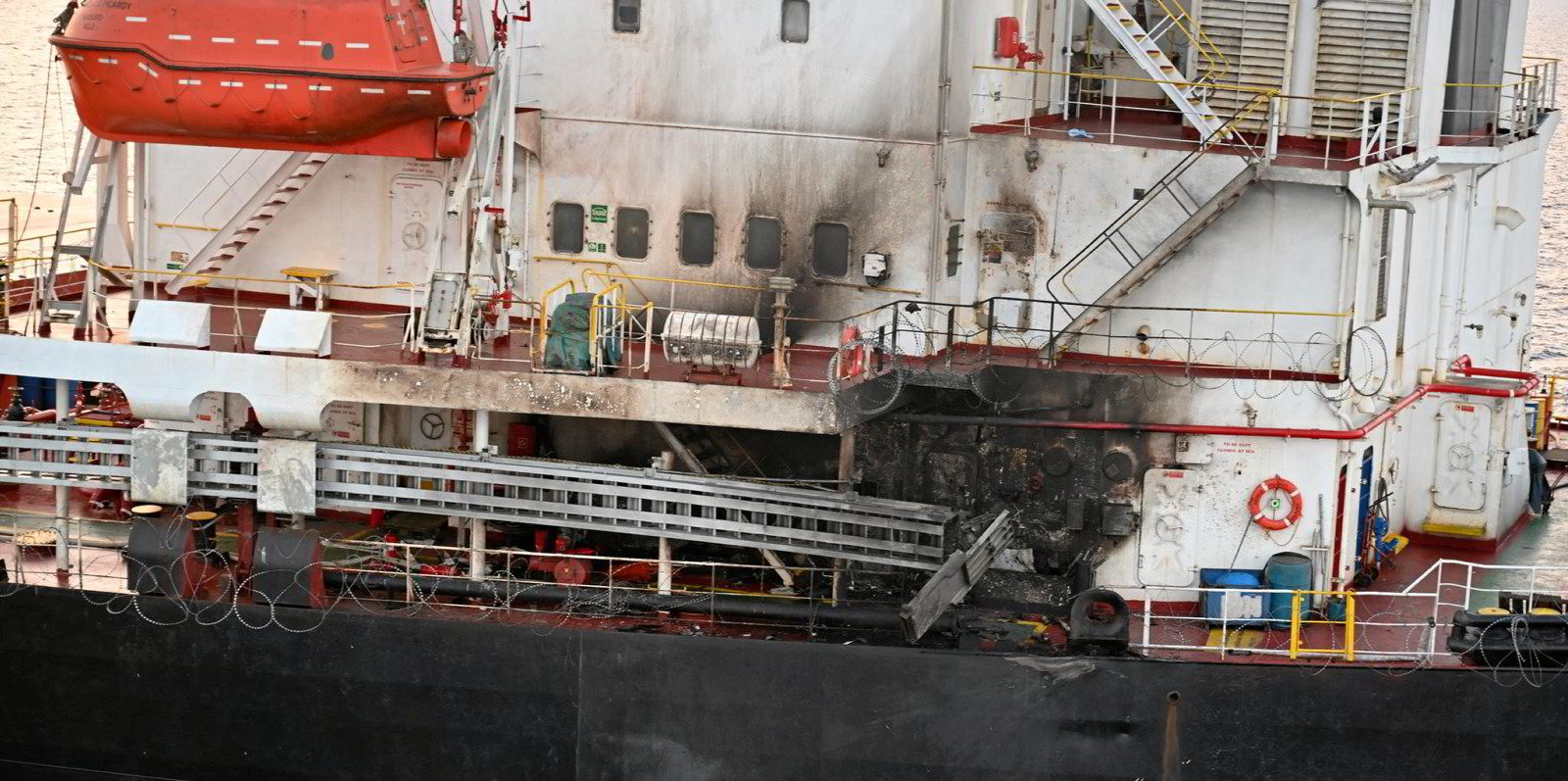
“We are an ammonia carrier,” he said, responding to TradeWinds’ questions made through InterManager. “We were ready to open manifold and spray them with our cargo.”
Even if nothing happens on a voyage through the troubled region, the emotional toll does not disappear once a ship is out of harm’s way.

“Anxiety is not something you shake off, and you pass the Red Sea and that’s it,” Baade said. “It’s absolutely something that you need to work through and that can sit and stay with seafarers for weeks and months after.”
And it is not just the challenges of spending 48 hours passing through the Red Sea that weigh on seafarers.
The International Christian Maritime Association, which includes the Sailors’ Society in addition to 26 other seafarer welfare charities, has sought to raise concerns over the stress and mental health challenges that seafarers have been facing as a result of the Red Sea crisis.
And the group, also known as ICMA, has called on shipping companies to take measures to ensure seafarers have access to resources or support services to address mental health needs.
“It’s such a difficult time when seafarers are just trying to do their jobs to make a living, to support their families, and their ships are targets of the Houthis,” ICMA general secretary Jason Zuidema told TradeWinds.
Baade, who is also the group’s chair, said that while some who make the longer voyage around Africa are delighted to avoid the Suez Canal route, some also face the anxiety of potentially facing delays getting home, and they still face the threat of cyclones and pirates.
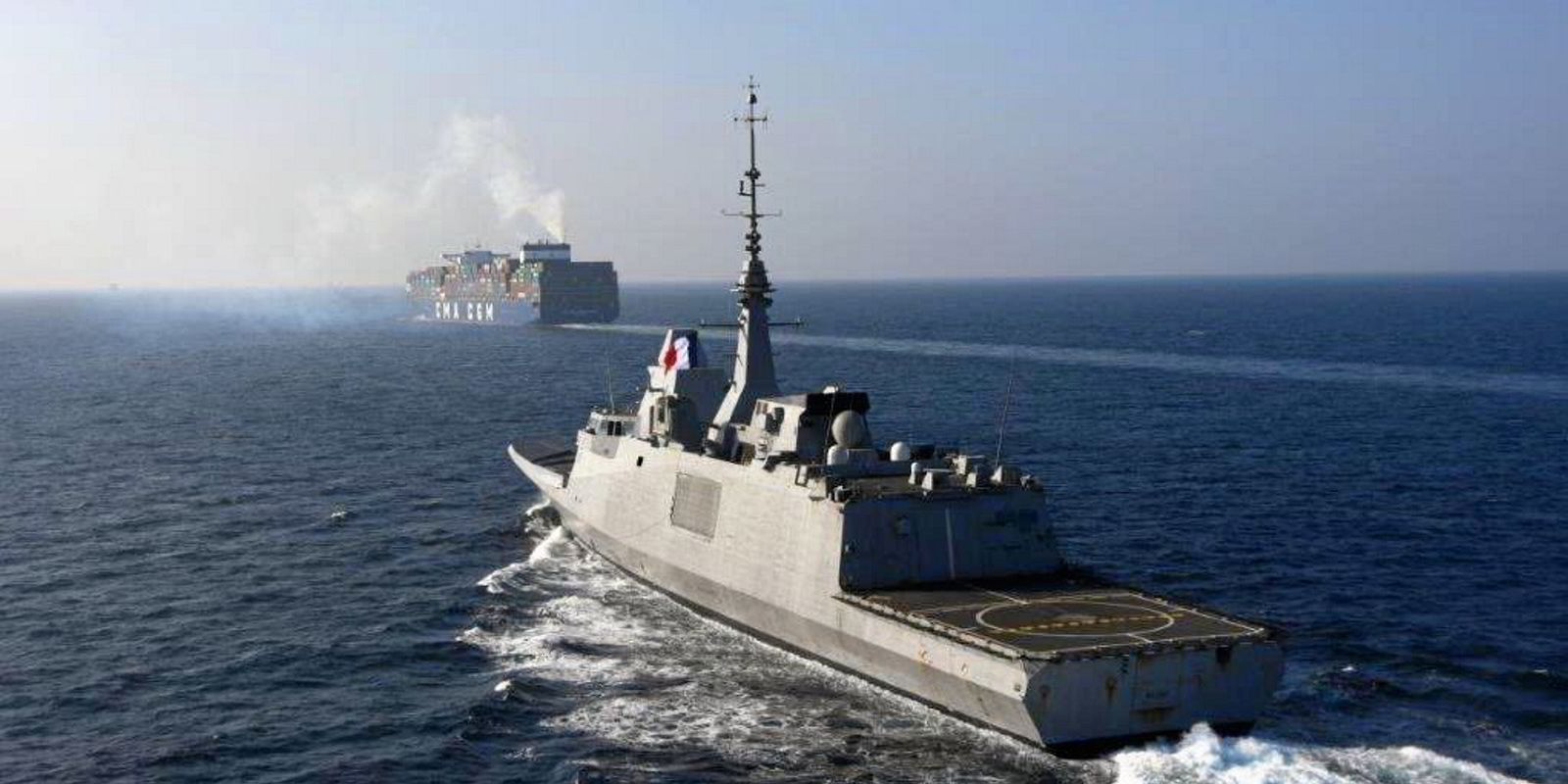
The Sailors’ Society helpline is also getting calls from families of crew members who have to avoid communications when they pass through the Red Sea and Gulf of Aden.
“Families are sitting at home and they are worried as well. As you know, many of them [seafarers] are turning off mobile phones to minimise connections,” Baade said. “And that then means that families are worried about being able to reach them.”
Baade said many shipowners and operators have stepped up to be supportive of seafarers amid the crisis.
They are redirecting to other routes where they can and being proactive about their seagoing employees’ well-being when their vessels do have to transit the region.
And being proactive can make a huge difference, Baade said.
Sometimes, that means making sure seafarers know that they have someone to talk to about their fears.
“We often get the feedback back from seafarers, just knowing that there’s someone there on the other line that they can talk to is really helpful,” Baade told TradeWinds.
She said shipping companies can access crisis management training, so they have tools to tackle anxiety and manage stress levels on board their ships.
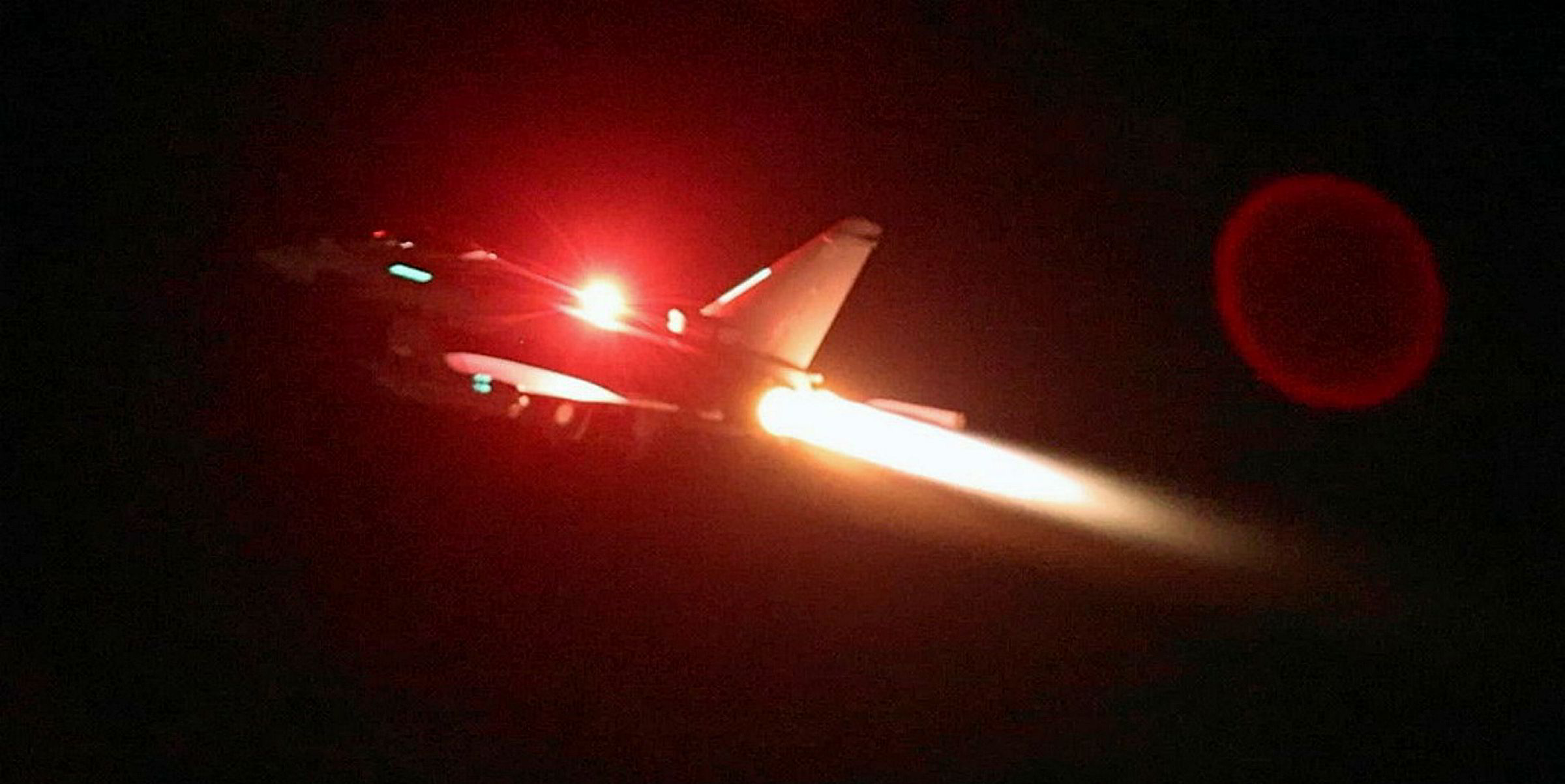
And when crews have built relationships with sources of support before times of crisis, organisations like the Sailors’ Society can help them learn strategies to look after themselves and others.
“There are some really important tools that you can deploy in these sort of circumstances, to manage stress, to manage anxiety, to think inwards and really work on those emotions, and seeing that they help when you’re struggling,” she said.
“Then, there is someone on the other line that can help you to say, ‘Remember we talked about this’.”
Baade also stressed the importance of clear communication, including with seafarers’ families.
If one crew has had it particularly hard, it is the 25 seafarers on the Galaxy Leader.
The Ray Car Carriers vessel was the first high-profile target of the Houthi militia when armed men, deposited on the upper deck by a helicopter, stormed the vessel and directed it to waters off Yemen, escorted by military boats.
The seafarers are from Bulgaria, Mexico, Romania, Ukraine and the Philippines.
The ship’s registered owner, Ray Car Carriers’ Galaxy Maritime, said in early January that it was encouraged that their release could be imminent, but a month has passed and that has not happened.
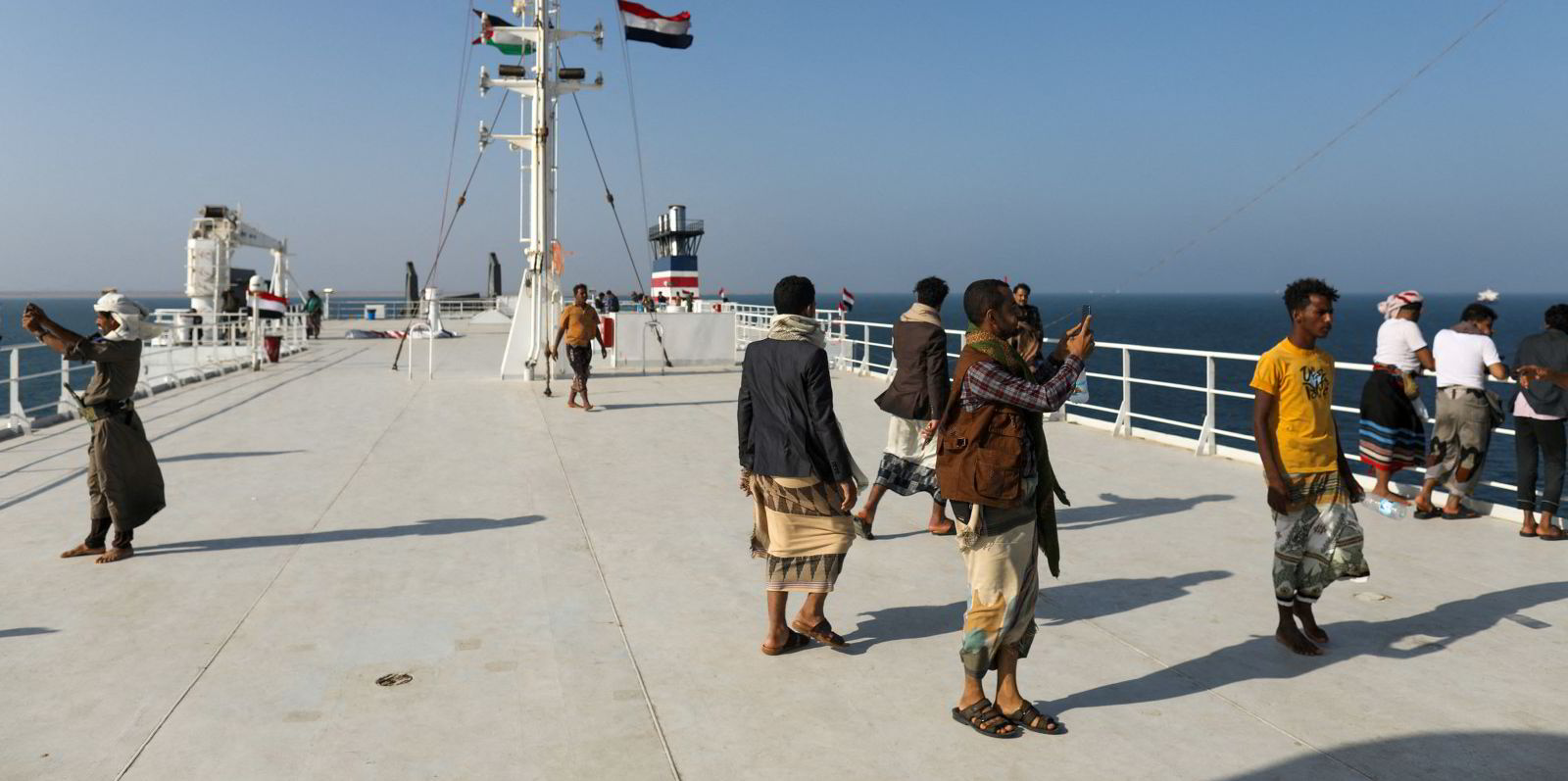
“We’re very concerned for that crew, and it’s coming up on three months that they were taken, and our great concern is that they would be released as soon as possible,” Zuidema said. “It’s a tragedy that seafarers who are just doing their job are taken in an act like this.”
For some seafarers, the need to sail into dangerous waters is an accepted part of the job, although that does not mean they want to do so unnecessarily.
Once American and British forces began striking Houthi targets in Yemen, ships connected to both nations increasingly became targets of the Iranian-backed group. US-flagged ships often serve defence needs, and the country’s merchant marine can be considered a US Navy auxiliary force during wartime.
Seafarers International Union president David Heindel said in recent congressional testimony that attacks around the Bab el-Mandeb strait, which connects the Red Sea to the Gulf of Aden, are the greatest threat to the US merchant marine since World War II.
The official, whose union is one of the largest for American seafarers, highlighted the technologically advanced weaponry that the Houthis are using against US-flagged ships.
“The men and women of the merchant marine are no strangers to armed conflict. Throughout our history, we have battled privateers, commerce raiders, mines, submarines, pirates and terrorists,” he said.
“These attacks have highlighted what every mariner knows: our jobs are essential, they are dangerous and may require us to sail into harm’s way.”
He said US seafaring unions are committed to ensuring that each ship sails on time and with a full complement.
But he highlighted that commercial ships do not have combat capabilities and cannot defend themselves. They are wholly reliant on naval support.
“Our biggest need right now is secure communications, whether this is in the form of specialised equipment, naval liaisons embedded on board our ships or additional American civilian mariners with proper clearances and certificates on board, having direct communications between our ships and combat ships,” he said.
But, Heindel said, mariners would prefer to only enter the Red Sea when it is absolutely necessary, with all non-essential voyages rerouted away from danger.
